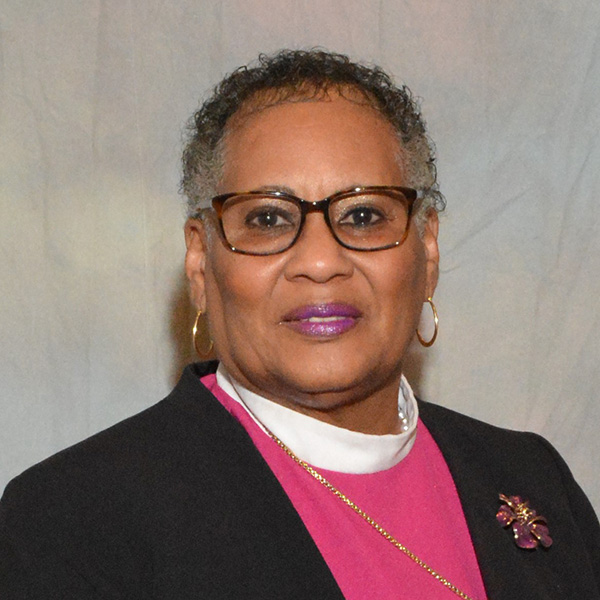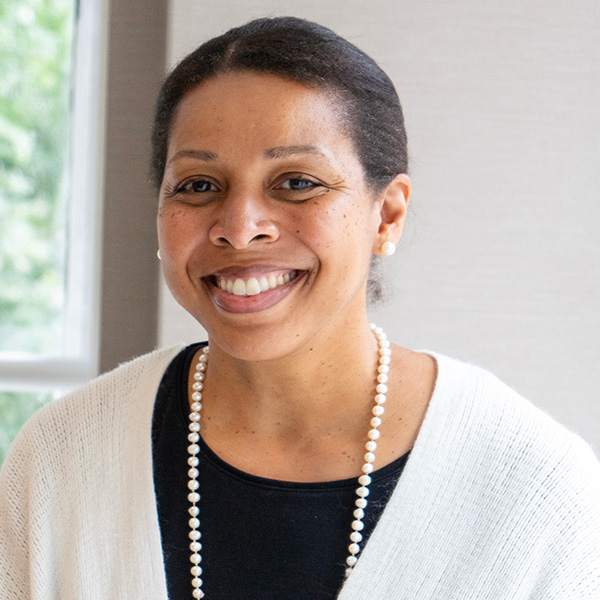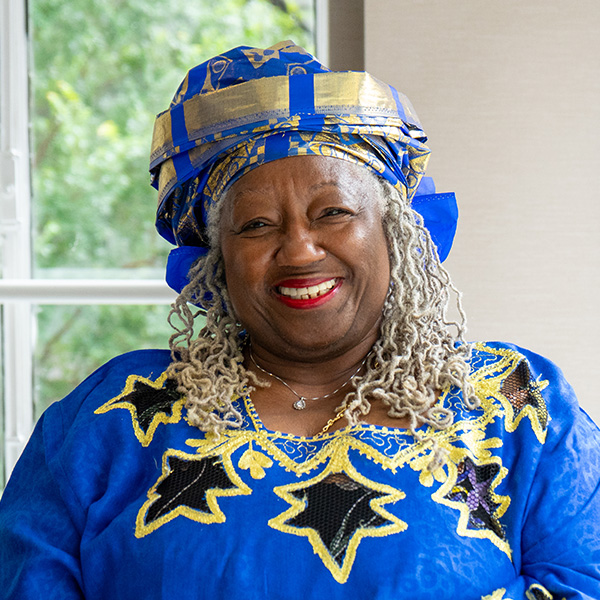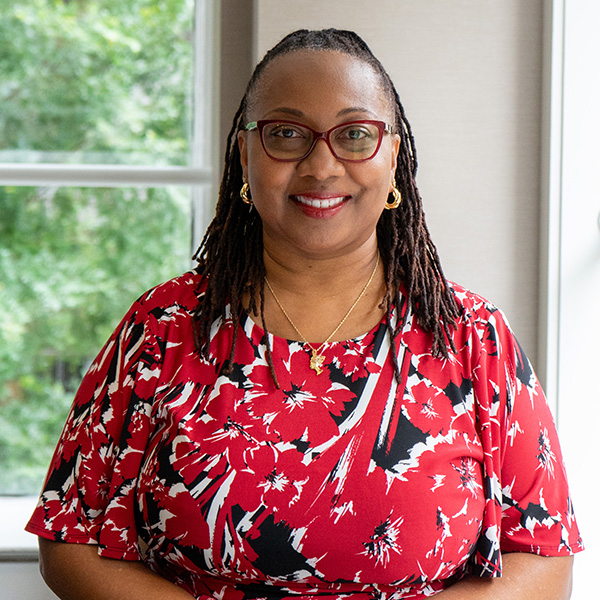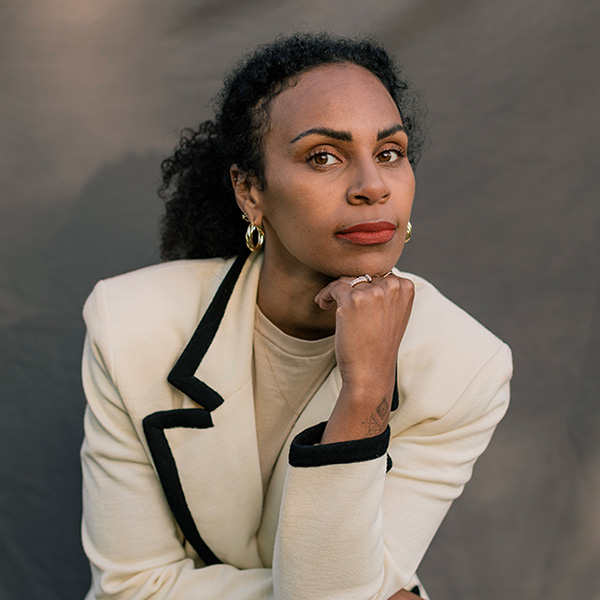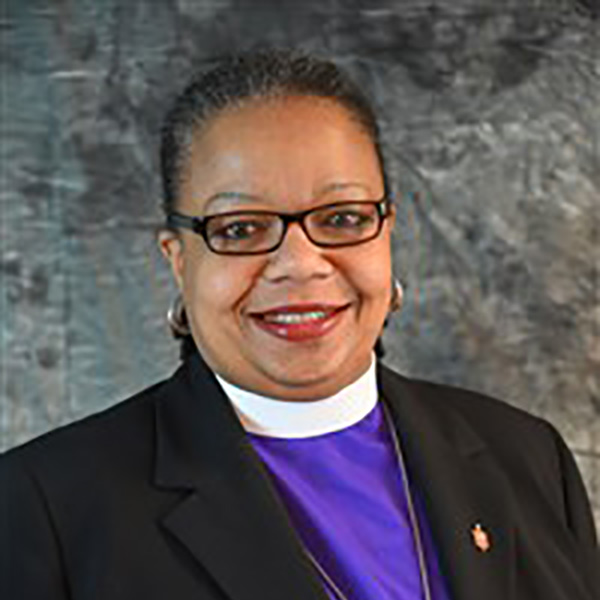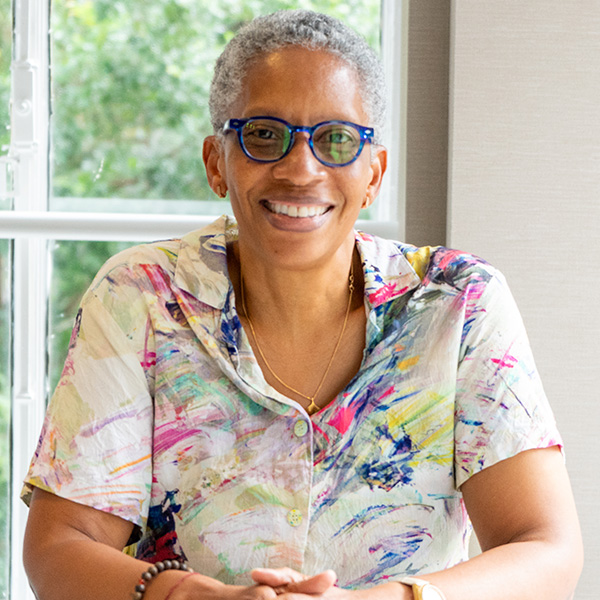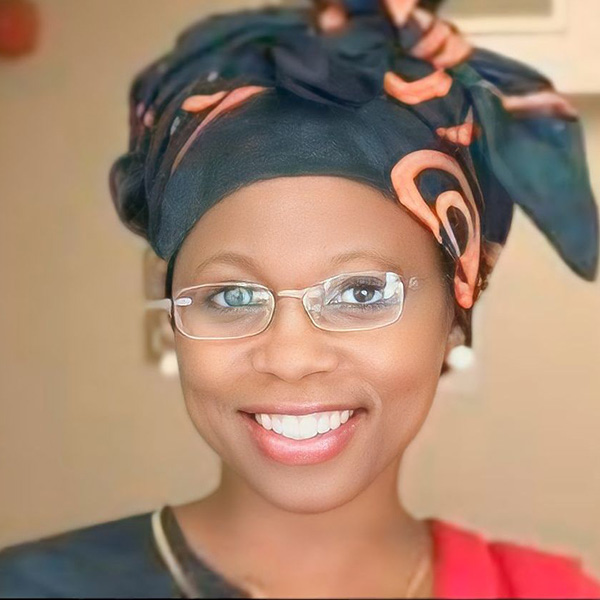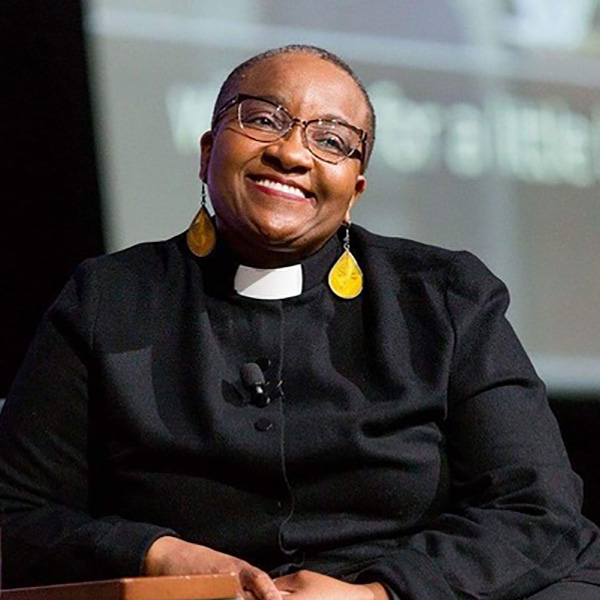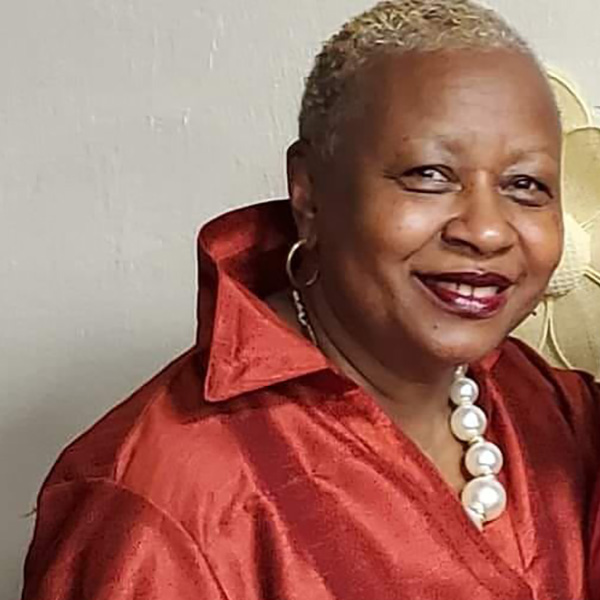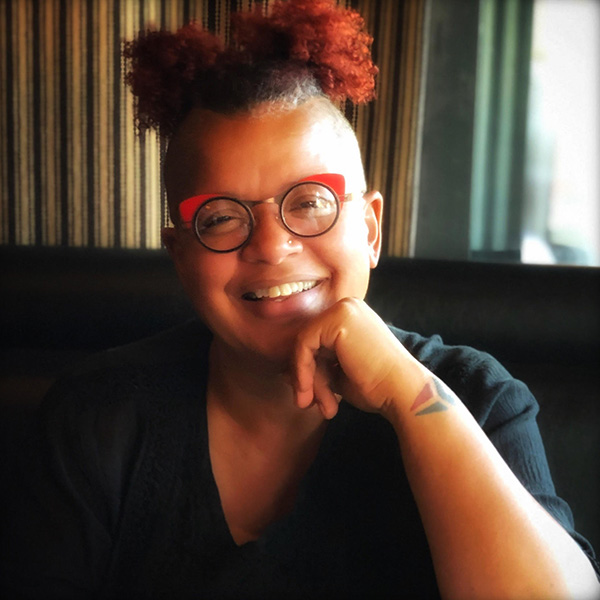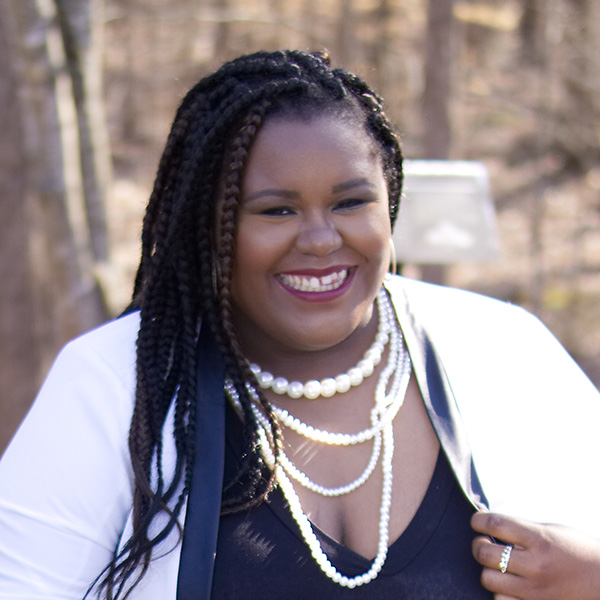Biography
Early Life
In 1957-1958, Mayor Robert Wagner chose Anna Arnold Hedgeman to become the first Black woman to hold a cabinet position in New York City. Anna was a strong advocate for equality and worked with many groups to support this cause. She fought for respect and equal chances for African American women throughout her life.
Anna Arnold was born in 1899 in Marshalltown, Iowa. Her dad, William James Arnold II, was a businessman, and her mom, Mary Ellen Parker Arnold, took care of the home. When Anna’s family moved to Anoka, Minnesota, they were the only Black family living in that area.
The Methodist Church was important to Anna Arnold’s family. Her dad believed in education and working hard. Anna learned to read at home but could not go to school until she was 7 years old. After she finished high school in 1918, she went to Hamline University to study English. This school was part of the Methodist Church and was in St. Paul, Minnesota. When she graduated in 1922 with her degree, she was the first African American to do so at Hamline College.
Arnold could not find a job in St. Paul because she was Black. So, she started teaching at Rust College in Holly Springs, Mississippi. After two years, she went back to Minnesota and then got a job as the Executive Director of the African American branch of the Young Women’s Christian Association, (YWCA), in Springfield, Ohio. She kept working for the YWCA in various places like Jersey City, New Jersey, Brooklyn, New York, Philadelphia, Pennsylvania, and Harlem, New York.
Appointment to the New York City Mayor’s Cabinet
In 1936, she married Merrit Hedgeman. He was a musician who studied African American folk music and opera. In 1944, when Hedgeman became the director of the National Council for a Permanent Fair Employment Practices Committee, she got more involved in community activism and politics. She also made history as the first Black woman to work in the cabinet for New York City’s mayor. Robert Wagner chose her as a mayoral assistant in 1957-1958. Hedgeman also led the National Urban League. In 1966, she was the only woman to sign a statement called ‘Black Power’ by a group of Black church leaders.
A Planner of the 1963 March on Washington for Jobs and Freedom
Hedgeman was a skilled writer and author. She wrote a memoir called, The Trumpet Sounds, in 1964 and another book, The Gift of Chaos, in 1977. In these books, she shared her experiences and the important role she played in the civil rights movement. Anna Arnold Hedgeman is a role model for women fighting for change. She worked hard to show how race and gender are connected, creating a kind of activism that really understood the special challenges Black women face. She was the only woman in the group that planned the 1963 March on Washington for Jobs and Freedom. She always encouraged male leaders to involve women in their events. If they did not, she stood up for including women and everyone else. Hedgeman’s actions still motivate women today to fight for fairness and justice on many fronts.
Hedgeman was a key leader who strongly supported women’s rights. While preparing for the March on Washington, she set up a group of women to push for their involvement and wrote a letter asking the planning group to let women speak at the event. She managed to get Myrlie Evers included as one of the speakers. Hedgeman also helped start the National Organization for Women in 1966.
Hedgeman dedicated her life to fighting for civil rights, social justice, and fairness. She worked with groups that focused on these issues, like the National Council of Negro Women. She also worked for the Commission on Religion and Race of the National Council of Churches, which aimed to get churches involved in racial justice. Hedgeman got over 40,000 Protestants to take part in the March on Washington. Her passion for social justice showed in her efforts with the YWCA, where she helped different communities work together.
Even in her later years, Hedgeman kept fighting for fairness and justice. She passed away at 90 years old in Harlem, New York. Throughout her life, she was recognized by many organizations like the National Urban League, the NAACP, the Schomburg Center for Research in Black Culture, the National Council of Negro Women, and the AFL-CIO for her contributions. She was honored with honorary degrees from Hamline University and Howard University. In tribute to her, Hamline University named The Hedgeman Center for Student Diversity Initiatives and Programs after her.


